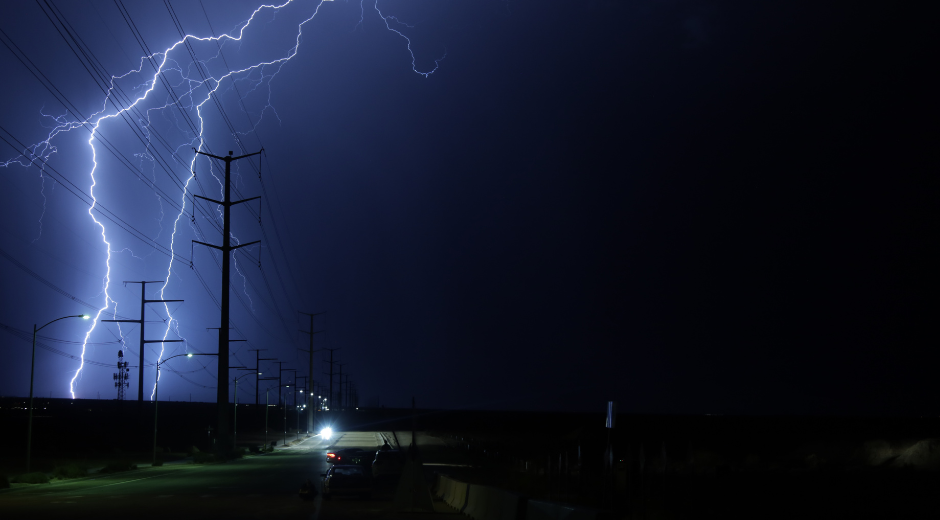National Electrical Safety Month: FirstEnergy Shares Severe Weather Safety Information
May is National Electrical Safety Month, a month dedicated to educating the public about how to stay safe around electricity. As we celebrate this important month, we’re reminded of the importance of taking steps to avoid electrical hazards in all types of situations, including the unique dangers that can occur due to severe weather.
Review and share this important information that can help you stay safe after a storm passes.
How to Safely Use a Generator
A backup generator can provide emergency power to help keep your important equipment and appliances running during a power outage; however, serious injury or death can occur if it’s not used properly.
Before installing and operating your generator, be sure to review the manufacturer’s instructions and have it installed by a licensed electrician. It’s especially important that an isolation device is installed. Without one, electricity can back feed onto power lines, creating a hazardous situation for the public, first responders and line workers.
Once your generator has been properly installed, follow these tips to operate it safely:
Operate your generator outside your home at least 20 feet away from windows, doors and vents to prevent the buildup of carbon monoxide (CO) gas, which can be dangerous or even fatal if inhaled. Do not operate the generator in a partially open space, including a garage.
Install CO detectors throughout your home to alert you to the presence of CO gas. You cannot see, smell or taste CO.
Running a generator in wet conditions can pose a risk of shock and electrocution. Operate it on a dry surface where water cannot reach it or puddle or drain underneath it.
Use heavy duty extension cords designed for outdoor use when connecting appliances to the generator.
If your generator requires refueling, turn it off and let it cool down for at least two minutes before removing the fuel cap. Never refuel a running portable generator, as gasoline spilled on hot engine parts could ignite.
View more generator safety information.
Stay Safe Around Downed Power Lines
High winds, heavy rain and other severe weather conditions can increase the probability of encountering a downed or low-hanging power line. An energized downed line may not spark, smoke or make noise, so it’s important to be on the lookout.
Take these steps to stay safe around downed power lines:
Assume all downed or low-hanging power lines are live and dangerous. Downed or damaged lines can remain energized or become energized at any moment.
Stay at least 30 feet away from the line and anything it might be touching, as the ground nearby can also be energized. Keep children and pets away.
Report downed lines immediately by calling 9-1-1.
If you must go outside, avoid areas with significant debris, standing water or mounds of snow, as they can contain hidden electrical hazards.
Never attempt to cut or remove trees or debris that may be touching power lines.
Always obey road closures and barricades. Never drive over or under damaged power lines.
Never approach utility workers unless they have confirmed it is safe to do so.
If a power line falls on your vehicle while you are in it, call 9-1-1 immediately and stay inside until electric utility workers notify you it is safe to exit. View more safety information for situations involving vehicles and downed power lines.
Visit firstenergycorp.com/safety for more tips and resources to stay safe around electricity. Connect with us on social media and use #NESM to join the conversation about electrical safety.

